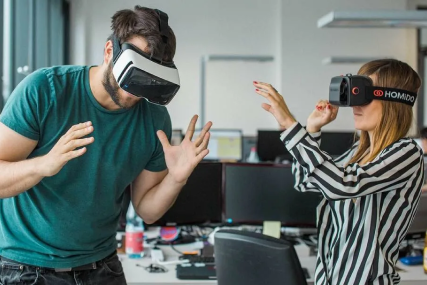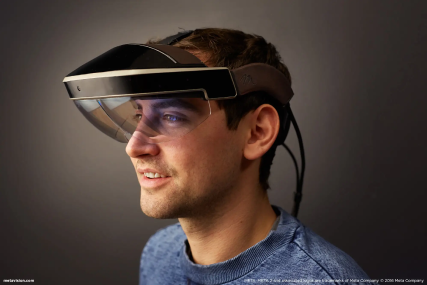Virtual Reality and Augmented Reality: Pioneers of Future Digital Transformation
Virtual reality (VR) and augmented reality (AR) technologies have become one of the key elements of the rapidly developing digital transformation in recent years. These technologies offer new discoveries and opportunities by transporting users to an experience completely different from the real world.
VR vs AR: Key Differences and Features
While VR is defined as a technology that transports users to a completely virtual environment, AR combines the real world with virtual elements. This difference allows both technologies to offer different application areas and usage scenarios.
Application Areas and Industrial Use
VR and AR technologies have found various applications in many different industries. For example, in the education and healthcare sectors, VR offers innovative solutions such as interactive training materials and surgical simulations, while AR is used in retail and marketing for product experience and interactive advertising.
Future Trends and Expectations
VR and AR technologies are evolving rapidly and are expected to become more widespread and adopted in the future. However, with increasing usage and developing technologies, data privacy, security and ethical issues are also gaining importance.


Conclusion: The Future of Digital Transformation
Virtual reality and augmented reality are becoming an important part of digital transformation, making a huge impact in business and daily life. The rapid advancement of these technologies and the creation of new opportunities shows that there will be even more exciting developments in the future. many different hardware tools available to enhance the virtual reality experience:

